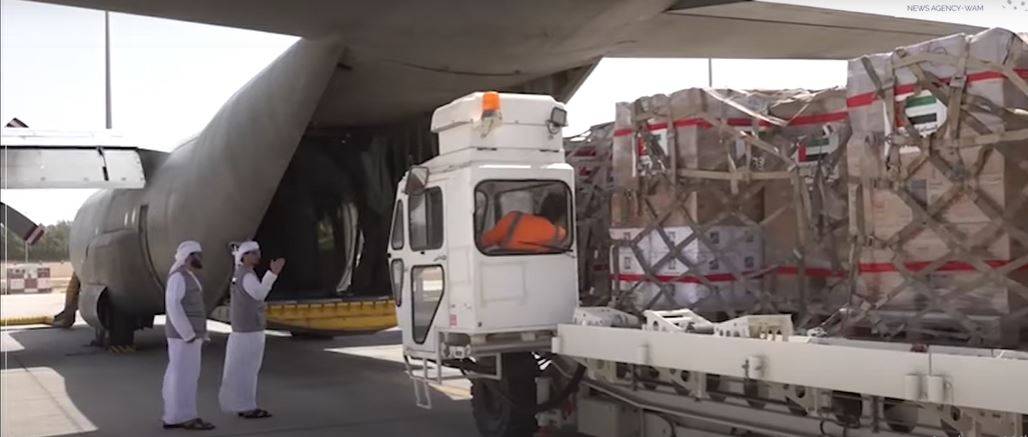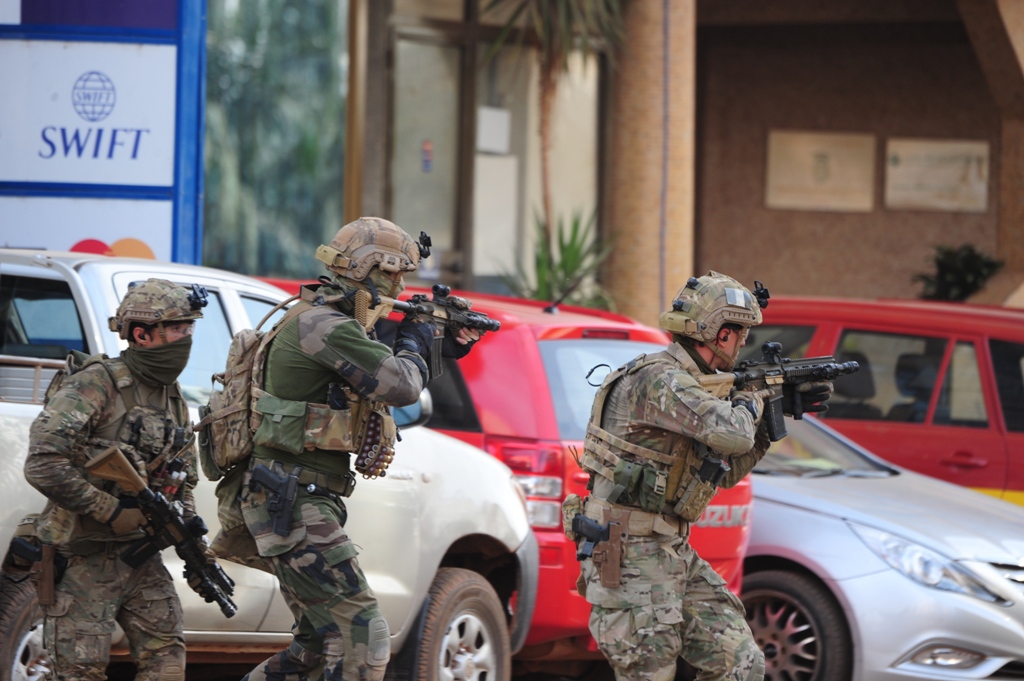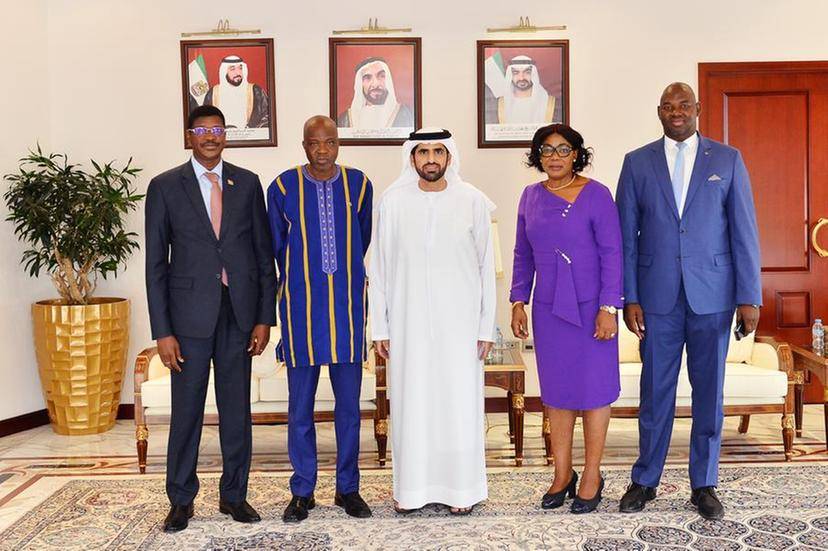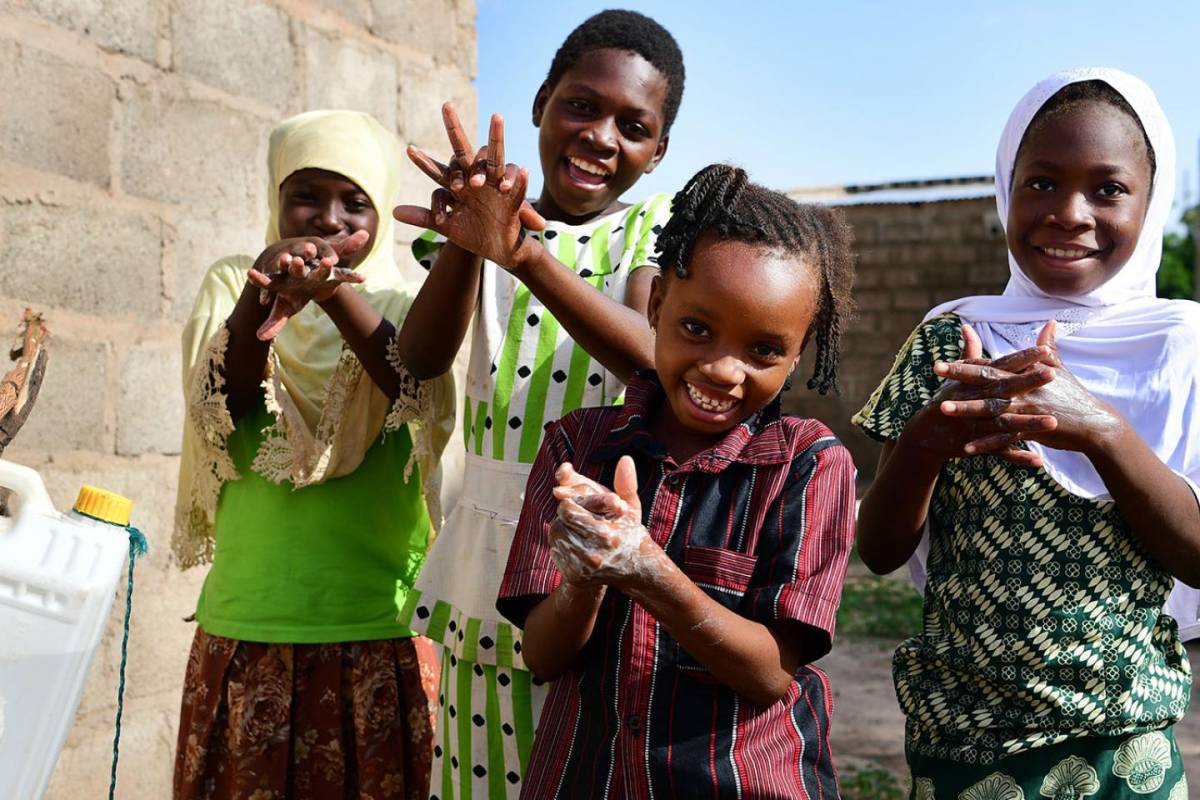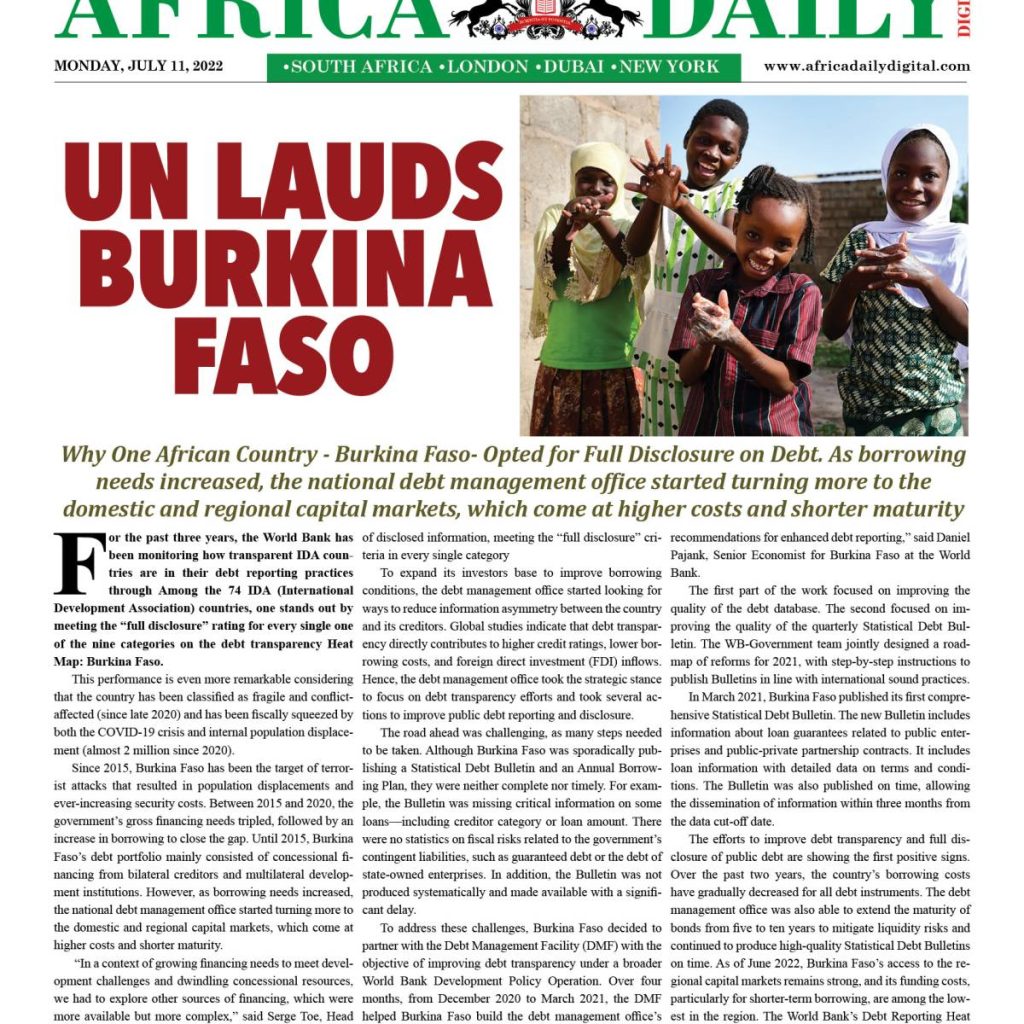In the capital Ouagadougou, pre-dawn gunfire around the presidential palace was heard at the start of a day that culminated in the latest ousting…reports Asian Lite News
Military officers have seized control of Burkina Faso, claiming to be restoring peace to the jihadist-wracked country as they overthrew a junta leader who had also come to power in a coup at the start of this year.
In the capital Ouagadougou, pre-dawn gunfire around the presidential palace was heard at the start of a day that culminated in the latest ousting.
On Friday, more than a dozen soldiers in fatigues appeared on the state television and radio broadcaster to announce the removal of Lieutenant-Colonel Paul-Henri Sandaogo Damiba for failing to stem a jihadist insurgency.
They proclaimed 34-year-old Captain Ibrahim Traore in charge.
“We have decided to take our responsibilities, driven by a single ideal: the restoration of security and integrity of our territory,” they said.
With much of the Sahel region battling a growing Islamist insurgency, the violence has prompted a series of coups in Mali, Guinea and Chad since 2020.
In January, Damiba installed himself as leader of the country of 16 million after accusing elected president Roch Marc Christian Kabore of failing to beat back the jihadists.
But with more than 40 percent of the former French colony outside government control, the latest putsch leaders said Damiba, too, had failed.
“Far from liberating the occupied territories, the once-peaceful areas have come under terrorist control,” the new military leaders said.
They then suspended the constitution, sealed the borders, dissolved the transitional government and legislative assembly and instituted a 9:00 pm to 5:00 am curfew.
New strongman Traore was previously head of anti-jihadist special forces unit “Cobra” in the northern region of Kaya.
Calls for ‘restraint’
Damiba’s Patriotic Movement for Preservation and Restoration (MPSR) had said earlier that there was an “internal crisis in the army” prompting troop deployments in key areas of the capital.
Government spokesman Lionel Bilgo had said the “crisis” concerned an army pay dispute, and that Damiba was taking part in negotiations.
In the morning, shots rang out in the Ouaga 2000 neighbourhood, which houses both the presidential and junta headquarters.
“I heard heavy detonations around 4:30 am and now the roads around my home have been sealed off by military vehicles,” a resident close to the presidential palace said.
State television was cut for several hours prior to the military announcement, broadcasting just a blank screen with the message “no video signal”.
By evening, soldiers were still in place at key points of the city, and streets were mostly deserted.
In a statement, the Economic Community of West African States (ECOWAS) “condemned in the strongest possible terms” the latest seizure of power, calling it “inappropriate” at a time when progress was being made for a return to constitutional order by July 1, 2024.
The French foreign ministry told its citizens in the Burkina capital, believed to number between 4,000 and 5,000, to stay home, while the European Union expressed “concern” at the unfolding events.
The United States said it was “deeply concerned” by the situation in Ouagadougou.
“We call for a return to calm and restraint by all actors,” a State Department spokesperson said.
Rein in jihadists
Though Damiba had promised to make security his priority when he took charge on January 24, violent attacks have increased since March.
In the north and east, towns have been blockaded by insurgents who have blown up bridges and attacked supply convoys.
As in bordering countries, insurgents affiliated with Al-Qaeda and the Islamic State group have stoked unrest.
Thousands have died and about two million have been displaced by the fighting since 2015 when the insurgency spread to Burkina Faso, which has since become the epicentre of the violence across the Sahel.
In September, a particularly bloody month, Damiba sacked his defence minister and assumed the role himself.
Earlier this week, suspected jihadists attacked a convoy carrying supplies to the town of Djibo in the north of the country. The government said 11 soldiers died and around 50 civilians were missing.
On September 5, an improvised explosive device struck a supply convoy in the north killing 35 civilians and wounding 37.
The following day, at least nine people — seven civilians and two soldiers — were killed in two separate attacks by suspected jihadists.
Much of the impoverished Sahel region is battling the insurgency.
Starting in northern Mali in 2012, the insurgents attacked neighbouring Burkina Faso and Niger in 2015.
The violence has in recent years begun to spill over into coastal states Ivory Coast, Togo and Benin.
ALSO READ-Abu Dhabi Chamber and Burkina Faso to boost trade and investment

